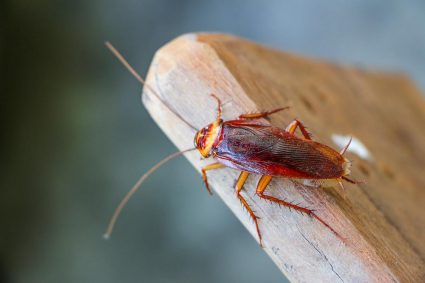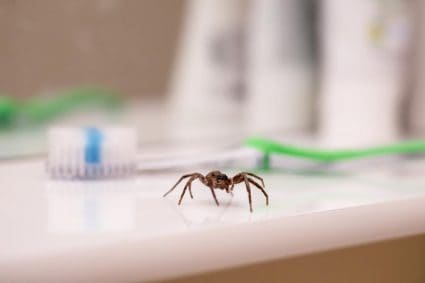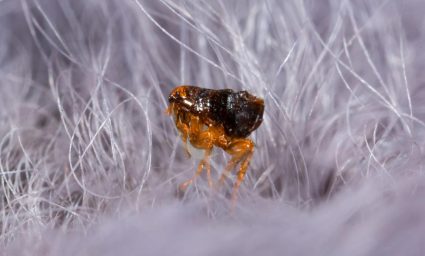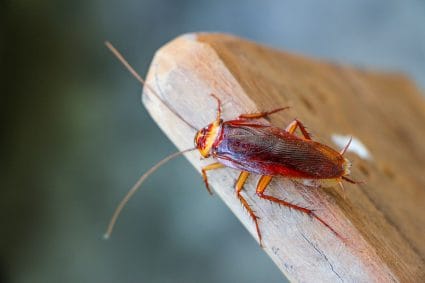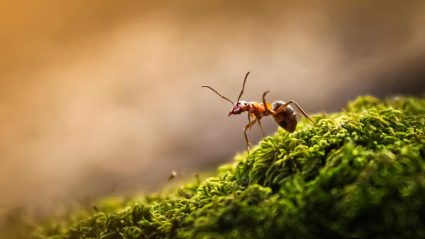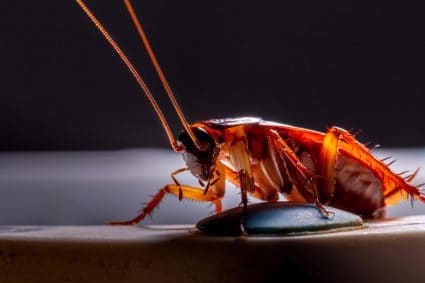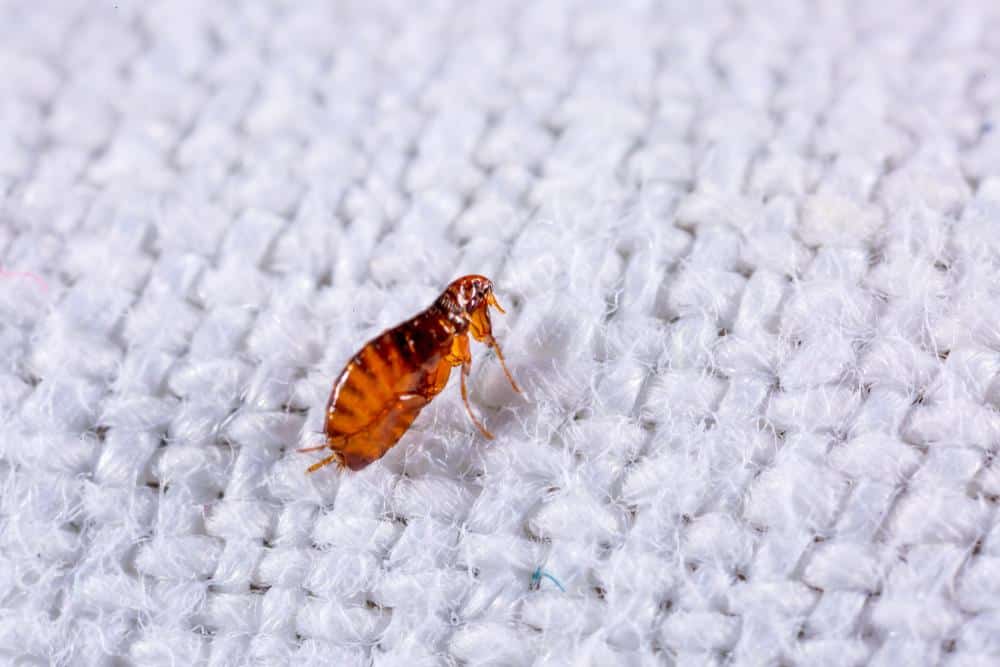
Fleas can be a nightmare, especially when they invade your peaceful slumber. These tiny pests are not only irritating but can also cause health issues like allergies and infections. If you’re struggling with fleas in your sleeping area, you’re not alone. This comprehensive guide will help you understand how to keep fleas off while you sleep, identify signs of infestations, and maintain a flea-free environment.
To keep fleas off while you sleep, ensure your bedroom is clean and free from infestations. Regularly wash your bedding in hot water and detergent, vacuum frequently, and consider using natural flea repellents like essential oils. Keep pets out of your bedroom, especially if they’re infested. Use recommended flea prevention products on your pets and in your home. If the infestation is severe, consider professional pest control services.
Identifying Flea Infestations
Before we delve into prevention and control, it’s crucial to identify if fleas are present in your sleeping area. Keep an eye out for the following signs:
- Clusters of small, discolored bumps on your body, especially on your shins, ankles, and feet.
- Dirty residue left by fleas, often looking like tiny specks of black pepper (dried blood and skin).
- Flea eggs, tiny off-white ovals, on your sheets or in your pet’s bedding.
You can also use methods like the white sock test or a flashlight to attract fleas. If you suspect a flea infestation, it’s essential to act quickly.
Preparing Your Bedroom for Flea Prevention
Here are some steps to prepare your bedroom and prevent flea infestations:
- Keep pets out of the bedroom: Fleas often enter the bed through infested pets. Keeping your pets from sleeping in your bed can help reduce the risk of flea infestations.
- Regularly wash bedding: Wash your bedding, including sheets, pillowcases, and blankets, in hot water and detergent to kill fleas, eggs, and larvae. Don’t forget to wash your pet’s bedding as well.
- Vacuum frequently: Vacuum your carpets, rugs, and upholstered furniture regularly to remove fleas, eggs, and larvae. Be sure to empty the vacuum bag outside when finished.
- Steam clean: Steam clean carpets, floors, and furniture, as the high heat can kill fleas at all life stages. Check the mattress label or manufacturer website to see if it is safe to steam clean your mattress.
- Use natural flea repellents: Essential oils like eucalyptus, lavender, tea tree, and citronella can be used as natural flea repellents. You can make a spray by mixing equal parts of any of these essential oils with a carrier oil such as grapeseed oil and put it in a spray bottle. Spray the mixture on areas where fleas may be present, such as carpets, furniture, and pet bedding.
Recommended Flea Prevention and Control Products
To prevent and control fleas, consider using these top recommended products:
- Bravecto Topical Solution for Cats: A prescription-only topical treatment that lasts for three months.
- NextStar Fast Acting: A topical treatment that starts working to kill fleas and ticks in just 15 minutes and provides protection for up to a month.
- Frontline Plus: A non-prescription topical treatment that protects against fleas and a range of tick species.
- Seresto Flea and Tick Collar for Dogs: A flea collar that provides eight months of continuous protection against adult fleas, flea larvae, ticks, chewing lice, and mange mites.
In addition to using these products, it’s essential to maintain a clean environment by regularly vacuuming and washing your pet’s bedding, throw rugs, and pillows to destroy fleas and eggs.
Daytime Precautions to Prevent Fleas at Night
To avoid bringing fleas into the bedroom during the daytime, follow these precautions:
- Maintain a clean home: Regularly vacuum carpets, rugs, and cushions on chairs and sofas. Empty the vacuum bag outside when finished.
- Keep your yard tidy: Trim grass and trees in your yard to reduce shade and discourage fleas from hiding.
- Use flea prevention products on your pets: Apply flea preventative treatments on your pets year-round to keep them flea-free.
- Check your pets for fleas: Regularly use a flea comb on your pets, especially around the neck and tail areas where fleas tend to congregate.
By following these precautions, you can significantly reduce the chances of bringing fleas into your bedroom at night.
Professional Services for Severe Flea Infestations
If you’ve tried everything and still can’t get rid of your flea problem, don’t be afraid to call in the professionals. Pest control services have access to powerful treatments and techniques that can help eradicate fleas from your home. They can also provide advice and resources to prevent future infestations.
Conclusion
Keeping fleas off while you sleep can be a daunting task, but with the right knowledge and tools, it is achievable. Remember, the key is to act quickly at the first sign of an infestation and maintain regular preventative measures to keep your sleeping area flea-free. With the tips and products highlighted in this guide, you can finally enjoy a peaceful, itch-free sleep.
Frequently Asked Questions
Can I use vinegar to repel fleas?
Yes, vinegar can be an effective natural flea repellent. A solution of equal parts water and white vinegar or apple cider vinegar can be sprayed on your pet’s fur (avoiding the eyes and nose) and on bedding and carpets to deter fleas.
How often should I wash my bedding to prevent fleas?
Ideally, you should wash your bedding once a week in hot water to kill any fleas, eggs, and larvae. If you’re dealing with a flea infestation, you may need to wash your bedding more frequently.
Can fleas live in human hair?
While fleas can occasionally find their way onto a human’s head, they prefer to live and feed on animals. Fleas in human hair are usually a sign of a severe infestation.
Can I get diseases from flea bites?
Fleas can carry and transmit diseases like murine typhus and the plague, although these cases are relatively rare. However, flea bites can lead to secondary infections if scratched.
Are there any natural predators of fleas that I can use?
Certain predatory insects, like nematodes and ladybugs, can help control outdoor flea populations. Indoors, regular cleaning and vacuuming are the most effective methods of control.


